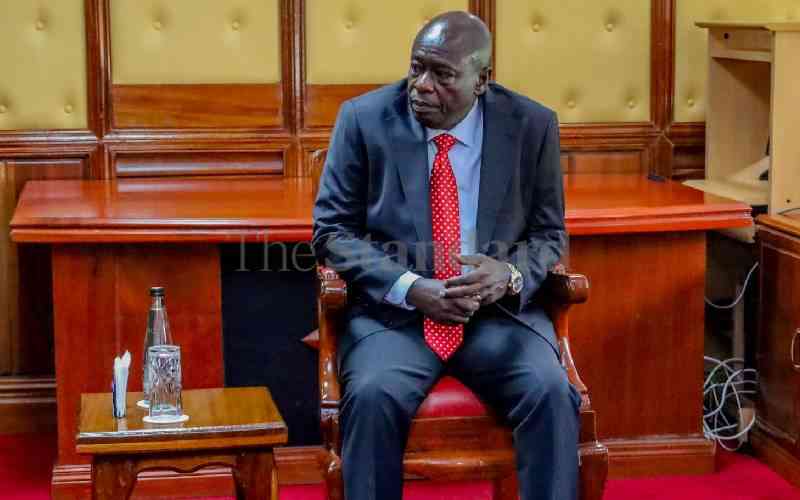×
The Standard e-Paper
Smart Minds Choose Us

Village grudges are usually light, easily forgotten. People are quick to forget they annoyed one another because the opportunities of offending each another anew keep appearing.